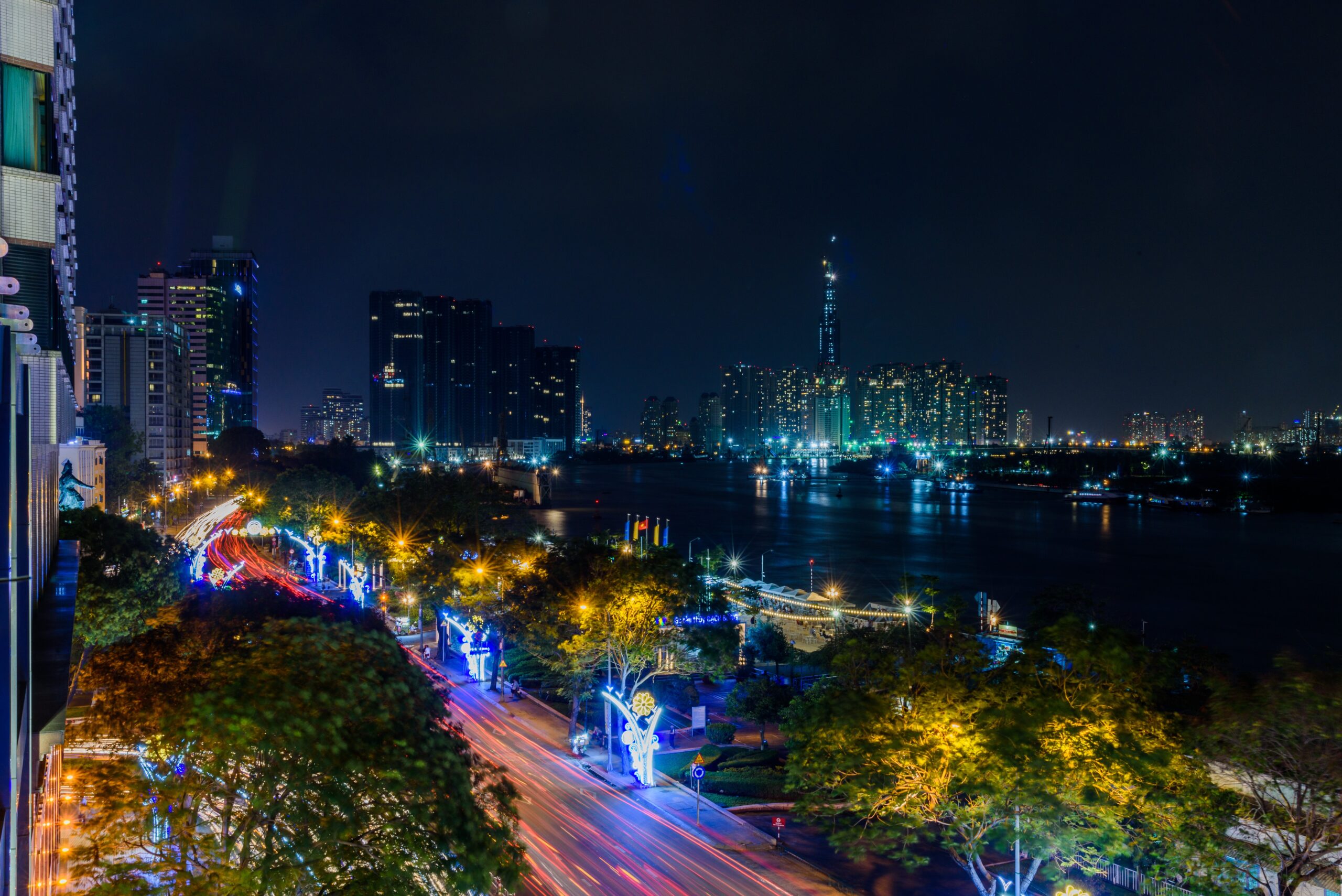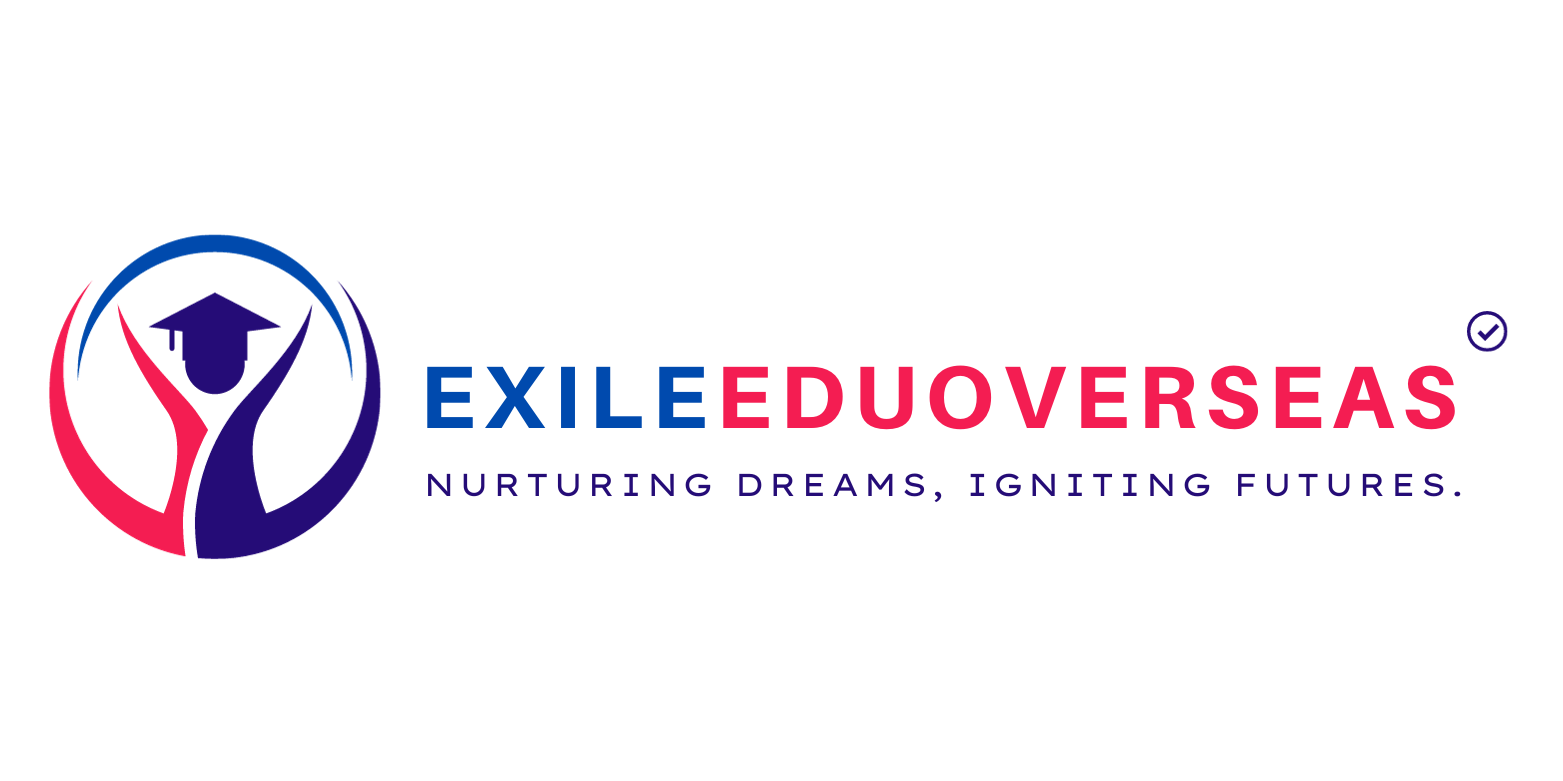
Study In Vietnam
Studying in Vietnam can be a great opportunity for international students. Here are details regarding admission requirements, visa processes, and other important information.
Admission Requirements
Choose a Program: Decide on the academic program or course you wish to pursue in Vietnam.
Check Eligibility: Review the specific admission requirements for your chosen program, including academic qualifications, language proficiency (e.g., IELTS or TOEFL), and any prerequisites.
Prepare Documents: Gather necessary documents, which may include transcripts, diplomas, letters of recommendation, a personal statement, and a CV or resume.
Translate and Authenticate: Ensure that your documents are properly translated into Vietnamese or English and authenticated as required.
Application Submission: Submit your application through the university’s official website or application portal. Pay the application fee.
Entrance Exams or Interviews: Some programs or universities may require entrance exams, interviews, or submission of a portfolio.
Acceptance Letter: Once you are accepted, you will receive an official acceptance letter from the university.
Visa Processes
Student Visa (DL): To study in Vietnam, you typically need a student visa (DL).
Apply for Visa: Visit the Vietnamese embassy or consulate in your home country to apply for a student visa.
Required Documents: Prepare the following documents for your visa application:
- Valid passport
- Acceptance letter from a Vietnamese educational institution
- Visa application form
- Passport-sized photos
- Proof of financial means to cover tuition and living expenses
- Health insurance
- Visa fee
- Visa Processing: Submit your application and await visa processing. Processing times may vary, so apply well in advance of your intended travel date.
Medical Examination: Some students may be required to undergo a medical examination in Vietnam within the first three days of arrival.
Extension and Renewal: If your program lasts longer than your initial visa’s validity, you’ll need to extend or renew your visa while in Vietnam.
Other Important Details
Cost of Living: The cost of living in Vietnam is relatively affordable, with expenses varying depending on the city and lifestyle. Housing, food, transportation, and entertainment are generally budget-friendly.
Scholarship Opportunities: Explore scholarships, if available, through Vietnamese government programs, universities, or external organizations.
Language of Instruction: While Vietnamese is the official language, many universities offer programs taught in English to accommodate international students.
Safety and Culture: Vietnam is known for its rich culture and warm hospitality, with a generally safe environment for international students.
Work Opportunities: Some student visas in Vietnam may allow for part-time work while studying. Check the specific visa regulations for your situation.
Always consult the official website of the Vietnamese embassy, consulate, or the university you plan to attend for the most up-to-date and accurate information regarding admission, visas, and any additional requirements for studying in Vietnam.



